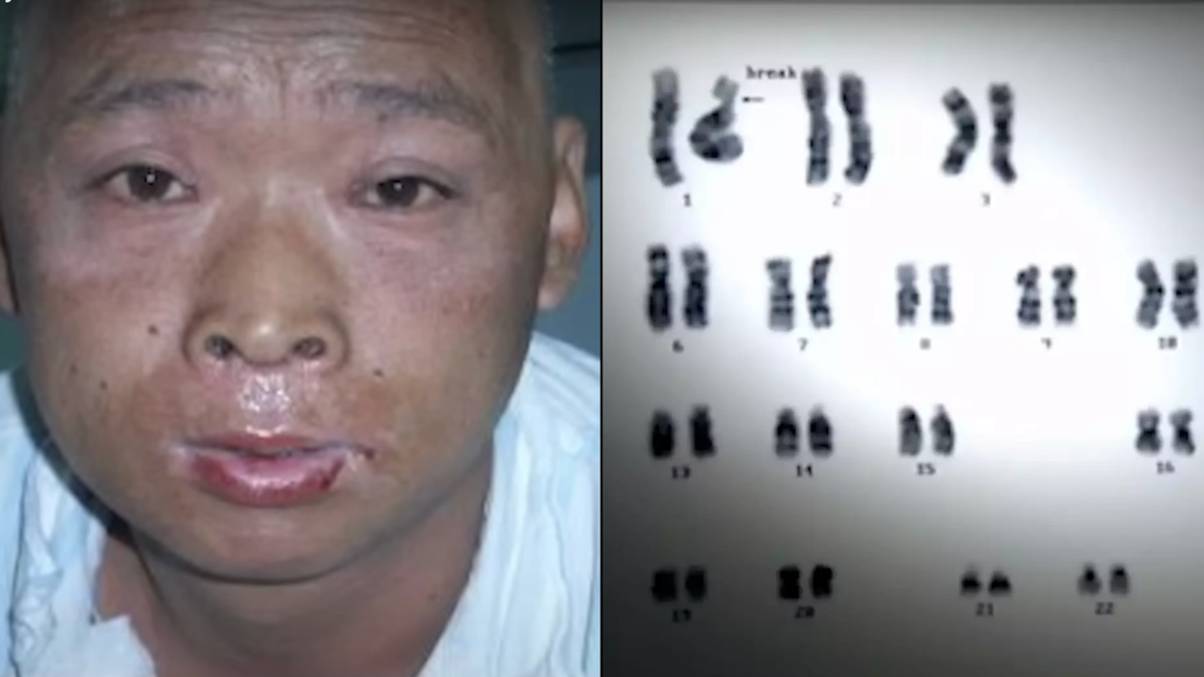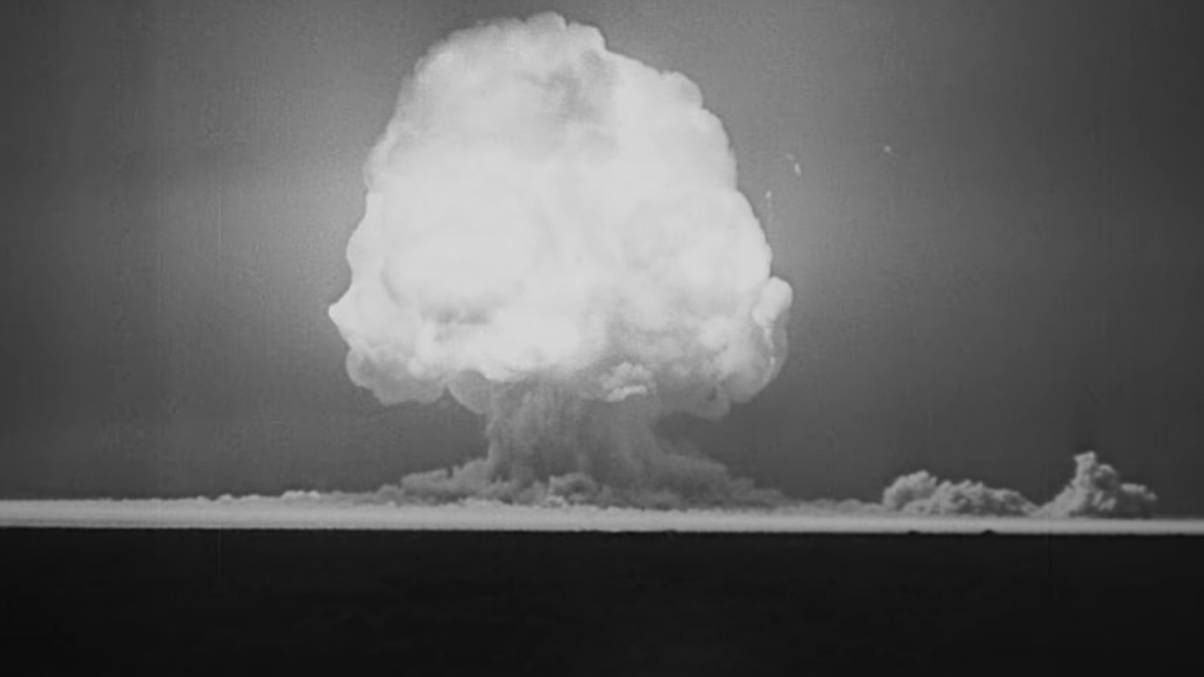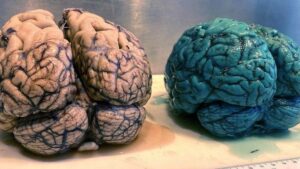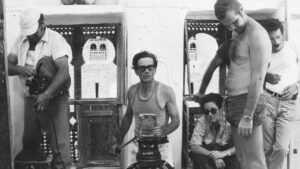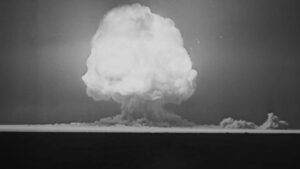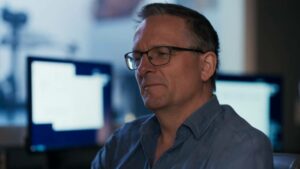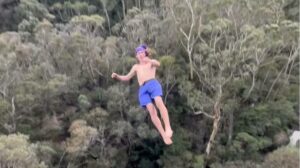“Unveiling the Nightmare: A Doctor’s Harrowing Account of ‘Radioactive Man’s’ Excruciating Demise”
Imagine walking into your job, not knowing that within moments, your life would take a utterly horrifying turn. This was the grim reality for Hisashi Ouchi on September 30, 1999, at the Tokaimura Nuclear Power Plant in Japan. Tasked with mixing uranyl nitrate, Ouchi and his colleagues faced an unexpected disaster that would lead to a life-altering radiation exposure. What could possibly go wrong, you wonder? Oh, just three times the lethal dose of radiation—no biggie, right? The story that unfolds from this catastrophic accident not only reveals the chilling consequences of that day but also sheds light on the extremities of human suffering as Ouchi battled through one of the most painful deaths imaginable. How does a person endure such an ordeal, and what goes on in the minds of those who bear witness? To dive deeper into this heart-wrenching account and understand the harrowing details, click here to LEARN MORE.
A doctor has explained the terrifying thing that he witnessed when a man suffering from radioactivity underwent one of the most painful deaths ever.
Hisashi Ouchi suffered a horrific accident on 30 September, 1999, when he showed up for work at Tokaimura Nuclear Power Plant in Japan.
Along with colleagues Masato Shinohara and Yutaka Yokokawa, the trio were given a task to mix uranyl nitrate in a huge metal tank at the plant.
But what happened next couldn’t have been predicted, and it would change everything.
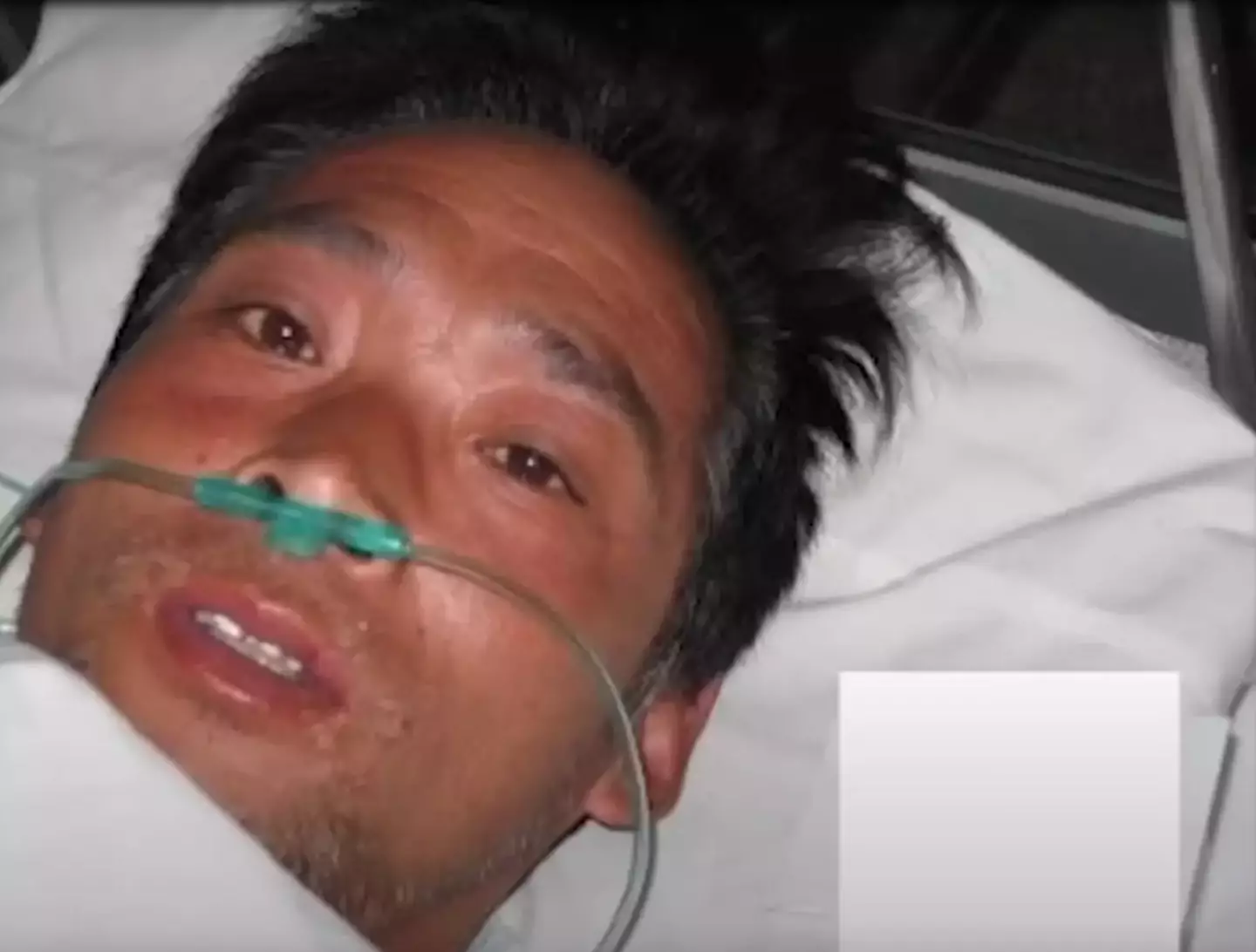
Ouchi absorbed three times the fatal dose of radiation, instantly (Peaked Interest/YouTube)
They were said to have little experience in handling the harmful substance of uranium, and put too much of it in, resulting in an uncontrolled nuclear fission chain reaction.
The men were then exposed to Cherenkov radiation, as a dangerous amounts of radiation and gamma rays were released into the atmosphere and all of them received doses of radiation, with Ouchi absorbing 17,000 millisieverts (mSv) of radiation as he was pressed against the tank when it occurred.
For reference, the international radiation safety limit currently stands at 20 mSv per person, in a year.
The other two were exposed to 10,000 and 3,000 mSv as they were slightly further away, though a dose of 5,000 mSv is considered fatal.
Emergency responders at the infamous Chernobyl disaster were only exposed to 20 to 500 mSv, putting into perspective how horrific this occurrence was.
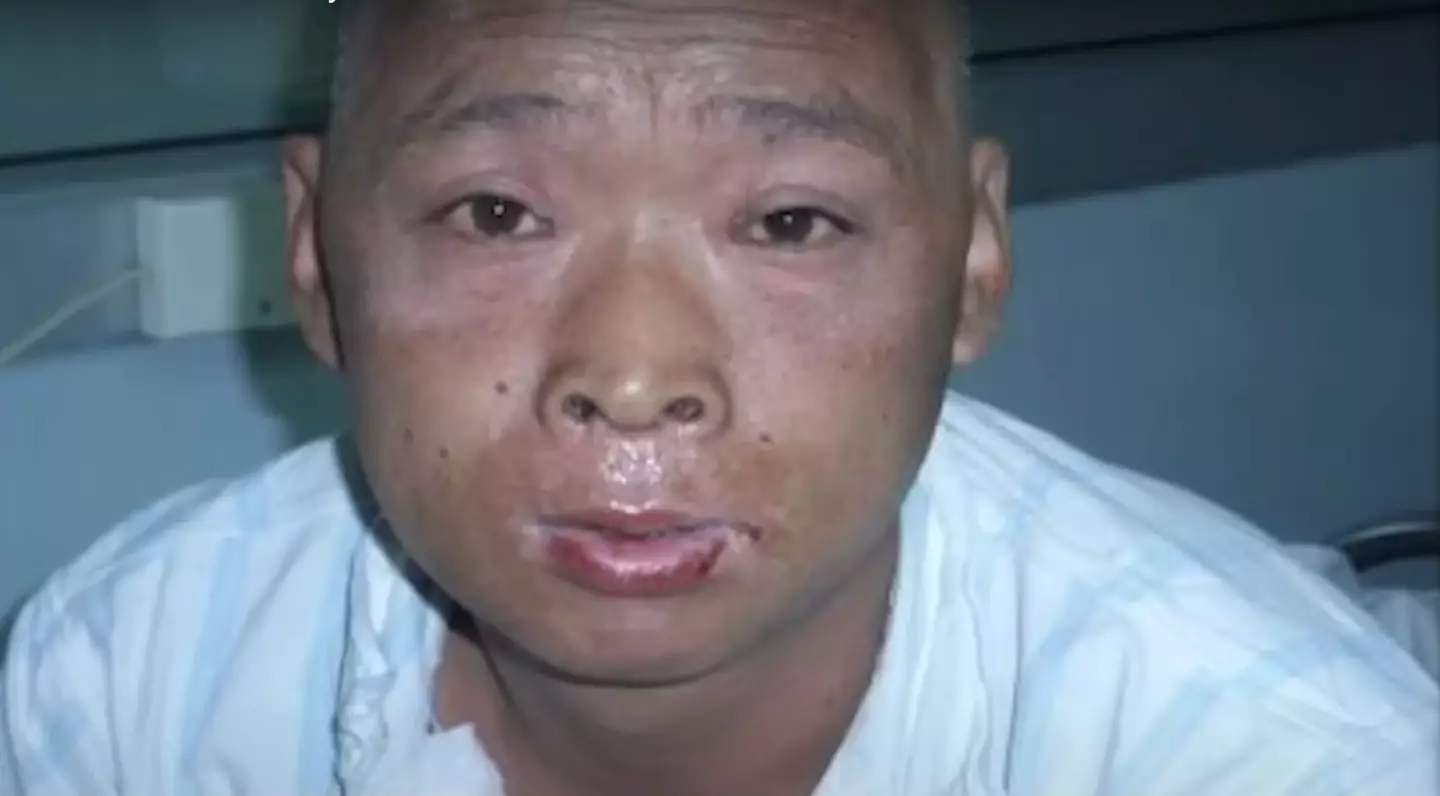
He had a low chance of survival and even begged for doctors to stop keeping him alive (Peaked Interest/YouTube)
Ouchi was then transferred to Tokyo University Hospital along with Shinohara, with the former being put into specialist care as he was in critical condition.
Appearing healthy, tests would reveal that his over-exposure to radiation destroyed his DNA, meaning that his cells were unable to function, while his white blood cell count, essential for your immune system, plummeted.
Doctors tried to keep Ouchi alive as long as they could, but Dr Kazuhiko Maekawa, who was working to help him survive, admitted at the start of the December 1999 that his chances of recovery were ‘very slim’ at best.
The incident is one of Japan’s worst nuclear accidents in history, and Ouchi was said to lose consciousness and begin to vomit after the accident, suffering severe radiation burns.
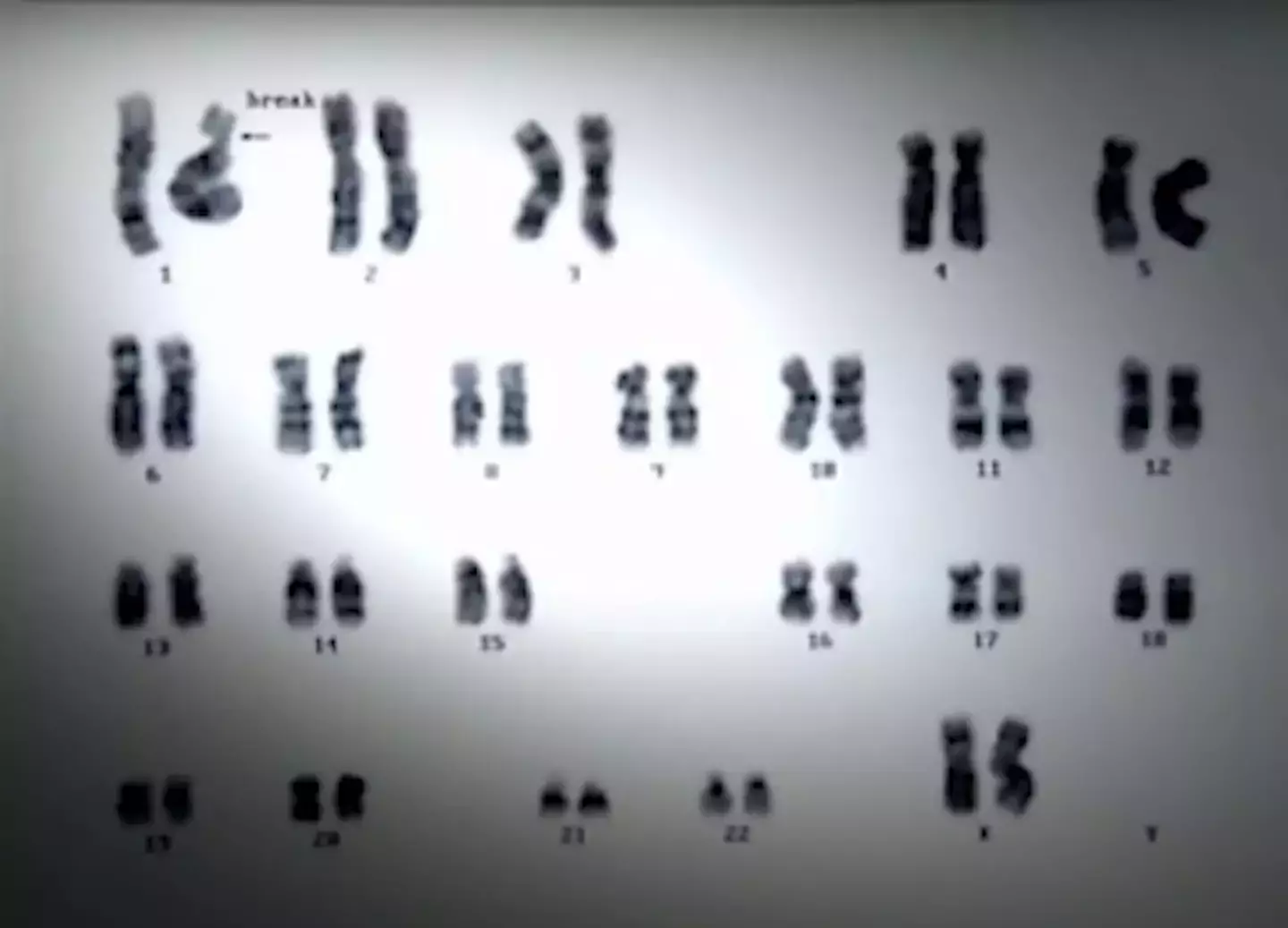
His family insisted that doctors try to keep him alive, despite his DNA and immune system being destroyed (Peaked Interest/YouTube)
Things only got worse for Ouchi, as he went through several skin grafts, blood transfusions and stem cell transplants in desperate attempts to save his life, but they were all ultimately in vein.
He reportedly begged doctors to let him die, saying ‘I can’t take it any more! I am not a guinea pig’.
Ouchi’s family insisted they keep going, and though he suffered three heart attacks on his 59th day in hospital, he was revived as his relatives requested.
On 21 December 1999, Ouchi passed away after a number of his organs failed, aged just 35.
Shinohara, his colleague, passed away in 2000 from multiple organ failure as well, aged 40.
